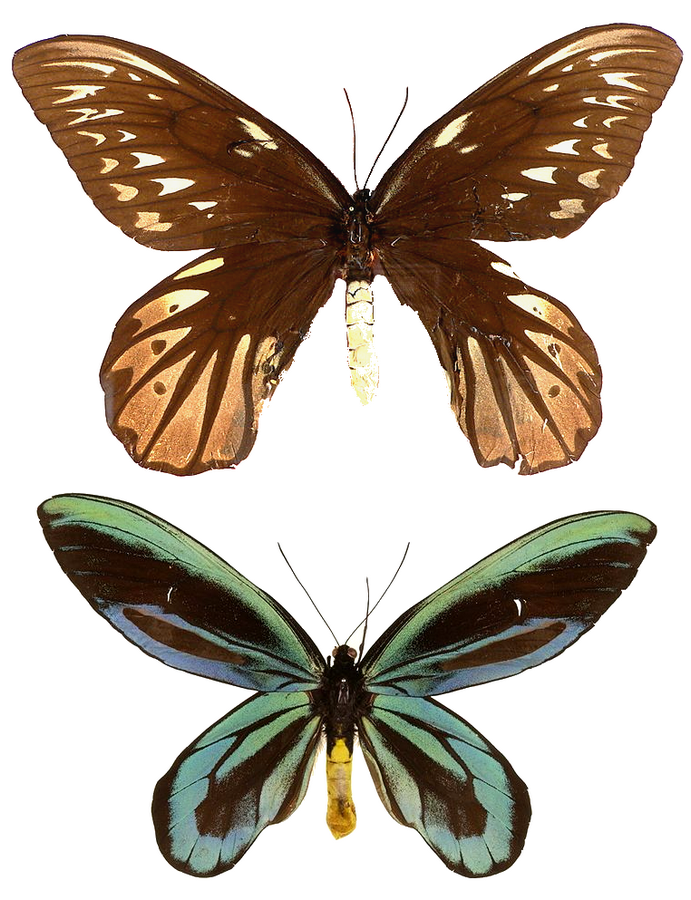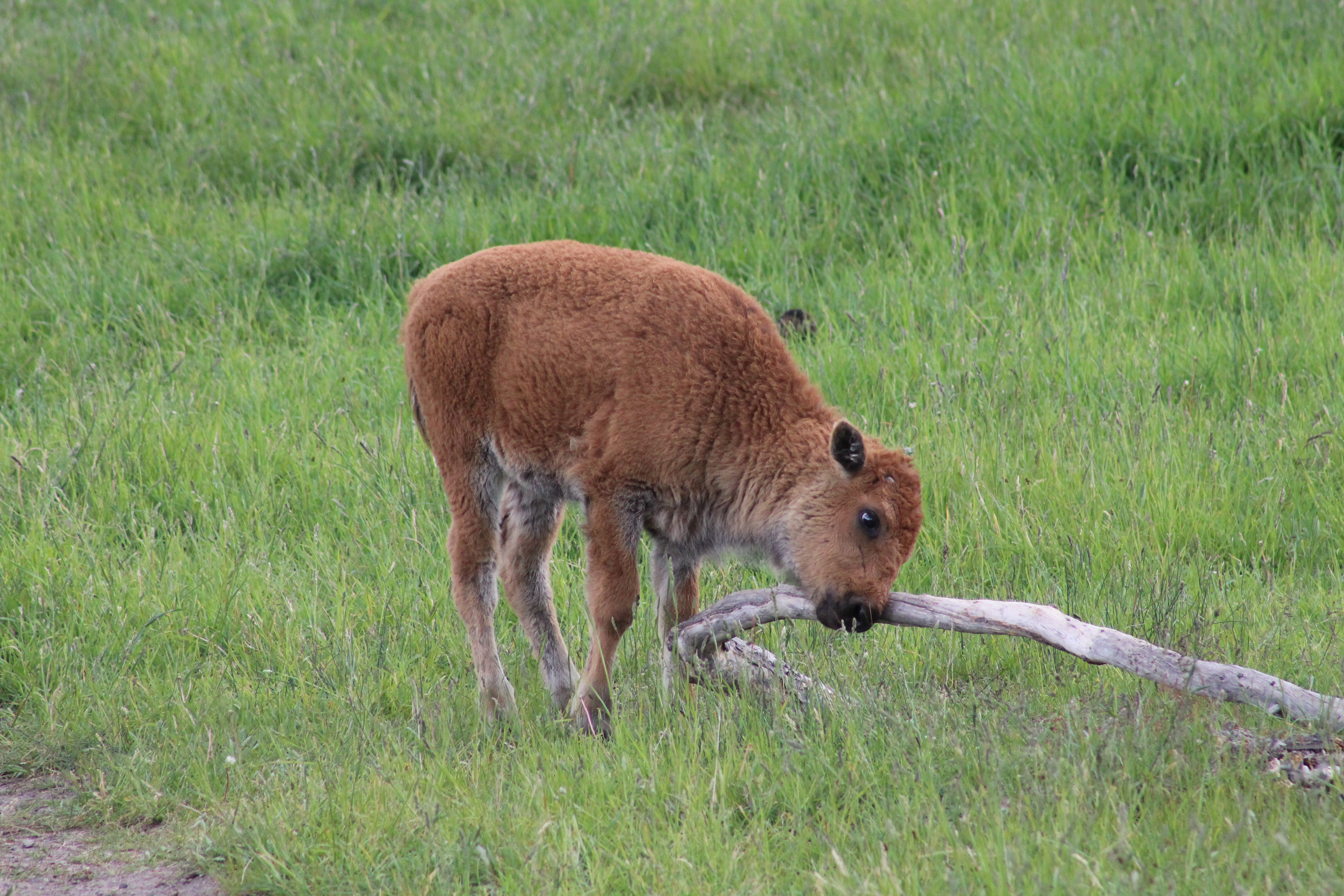After this post you may never look a butterflies and moths the same way again. This investigation began like so many others with a question which caught my attention on a reality show this past week where a child asked; "Can you eat a butterfly?" Huh interesting idea, I thought to myself. The short answer is yes, but it is probably easier and more nutritious to eat them as larva.
There are some famously huge butterflies out there such as the Queen Alexandra's Birdwing
 | ||
| Photo By Bruno Ramos from Creative Commons |
 | ||
| Photo by Nevit Dilmen From Creative Commons |
Now I don't live in the tropics (neither did the child who sparked this post) so, I am going to consider just a few of the lovable squishy nuggets you can find in my back yard. There are about 118 butterfly species which call the entire state of Maine home. I am immediately ruling out eating anything that has little tiny hairs/spines. There are some caterpillars out there which have chemicals on or in those hairs which cause something known as lepidopterism which is a skin condition caused by coming in contact which these tiny hairs. You can also get a number of injuries caused by moth larva which are collectively referred to in the medical community as erucism. PLEASE DO NOT FREAK OUT AND SMASH EVERY CATERPILLAR WITH SPINES! JUST LEAVE THEM ALONE AND DO NOT PET THEM!

I am also ruling out anything that tastes bad to a bird, frog, toad, other insects, or reptiles if it doesn't taste good to them it more than likely will not taste good to me either. You know what this suddenly seems way too complicated, because after I sort through all 118 butterfly species here in Maine and rule out all exclusions I then still have to test them a little at a time to make sure that I am not allergic to them. So, while yes you can eat them by the time you narrow any list down to those you personally can eat you more than likely could have rounded up a whole bunch of crickets or even a few tasty other critters out there which we already know are edible.
Want more information
https://www.ncbi.nlm.nih.gov/pmc/articles/PMC4028003/
http://www.vapaguide.info/catalogue/MIS-76
https://www.sciencedirect.com/science/article/pii/S0190962206017117
https://www.quora.com/Are-moths-dangerous-to-humans-Why
https://emedicine.medscape.com/article/772949-overview
http://mbs.umf.maine.edu/maine-species-list/
Also Just for fun I recommend watching this: https://news.nationalgeographic.com/2018/01/beetle-survives-toad-vomit-animals/

